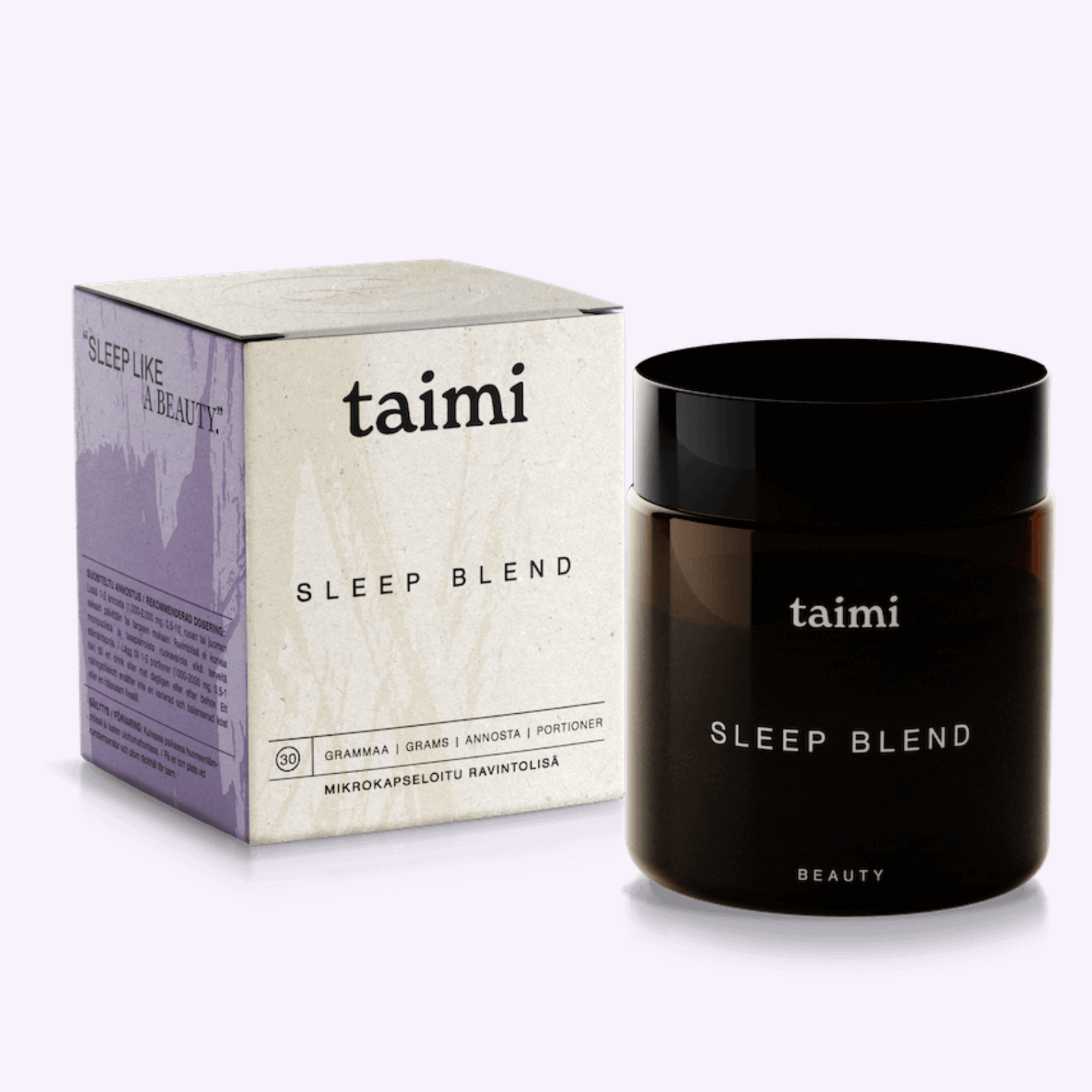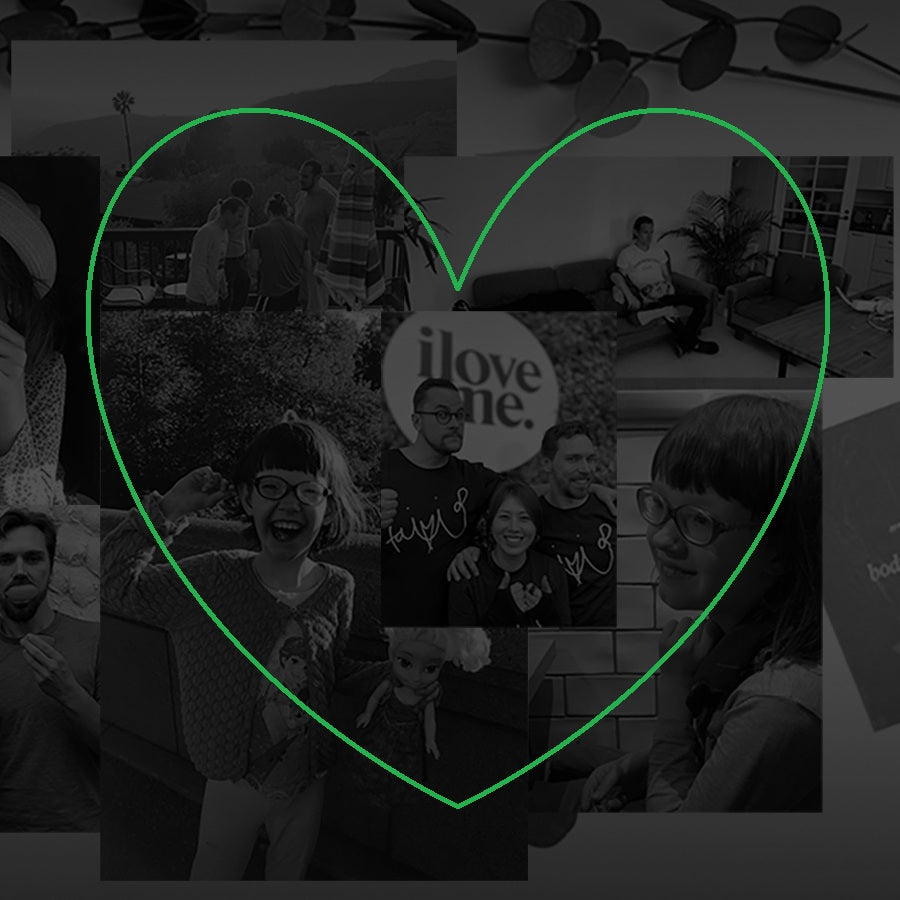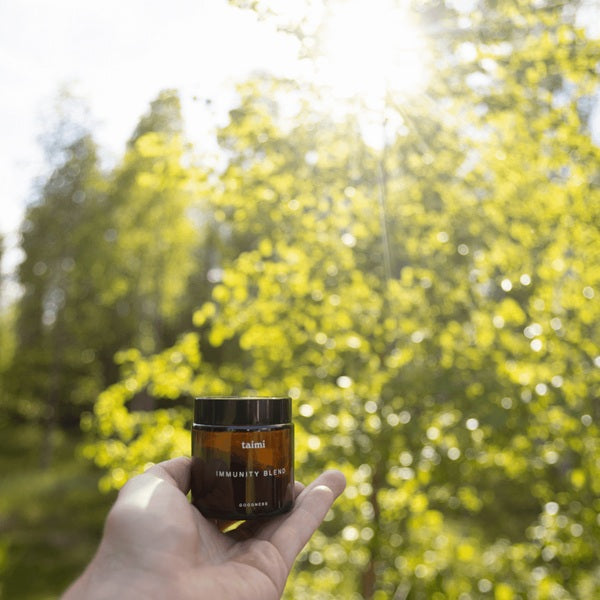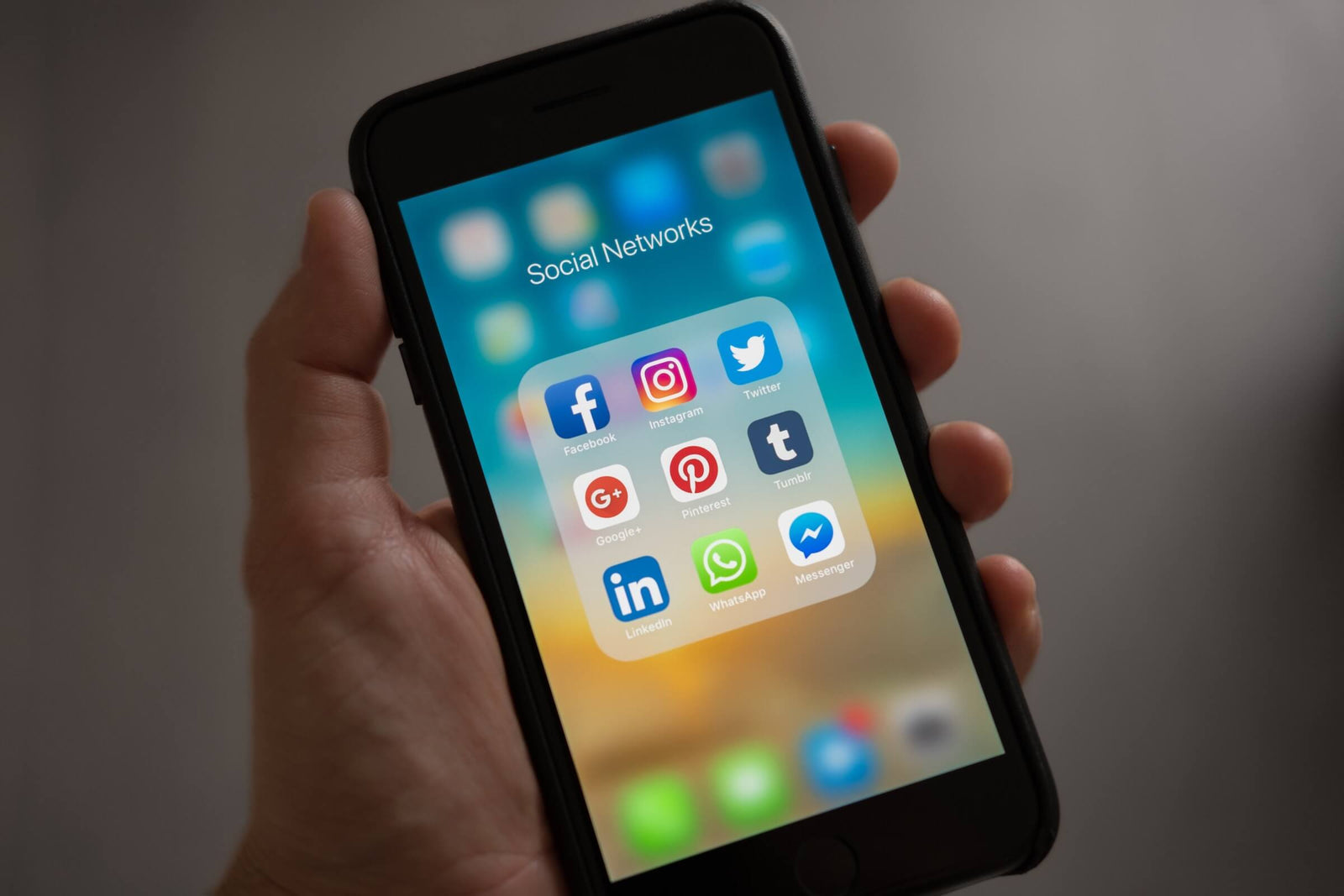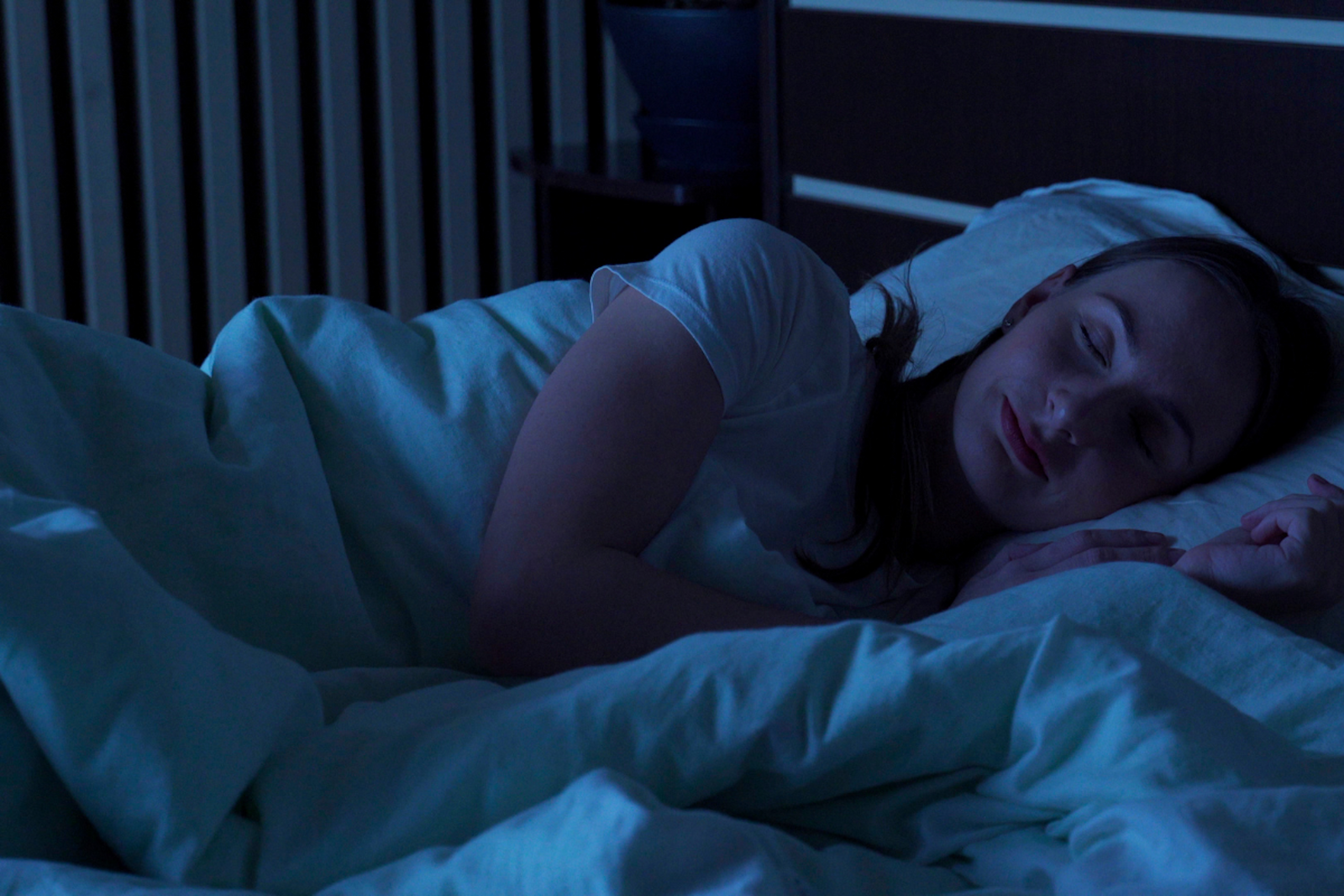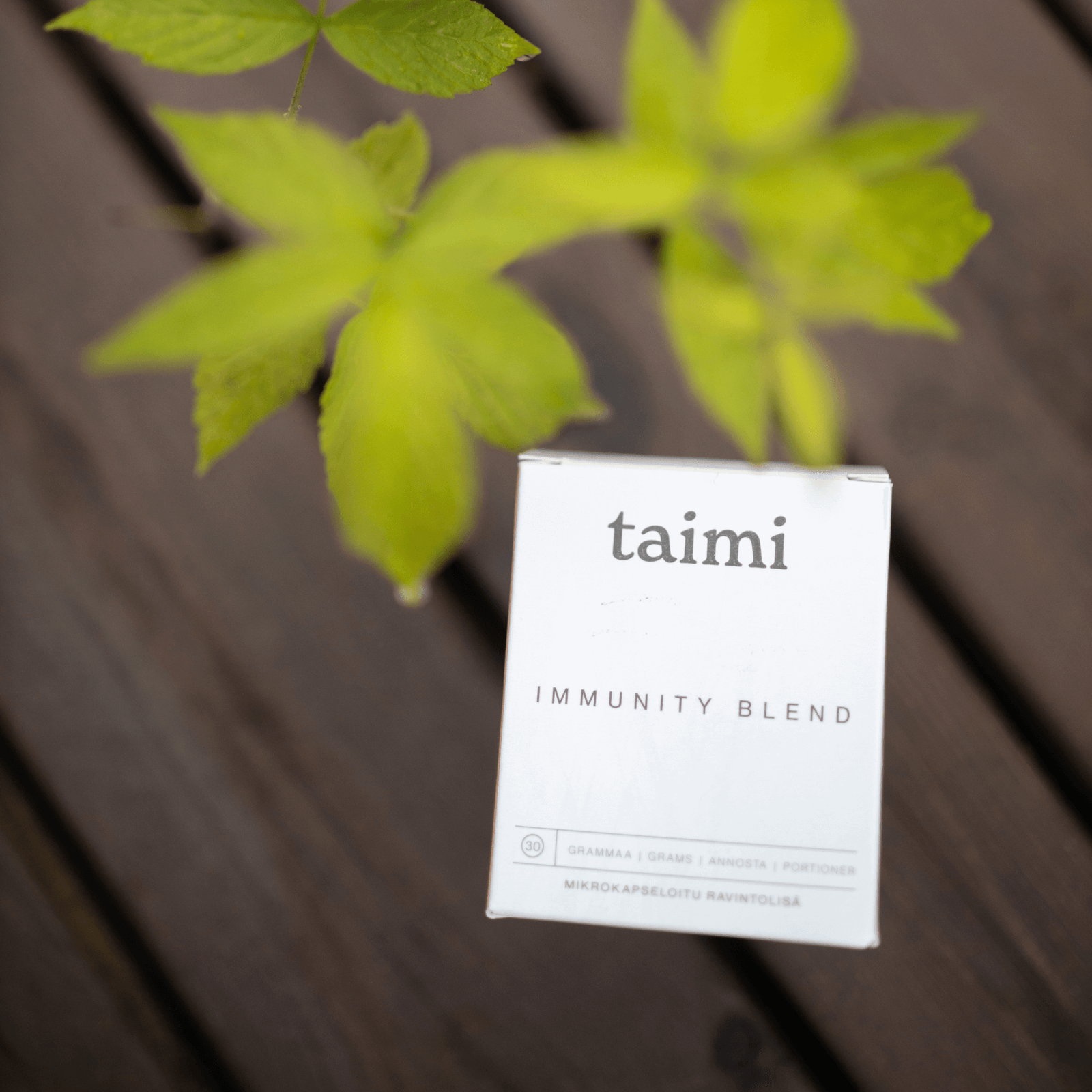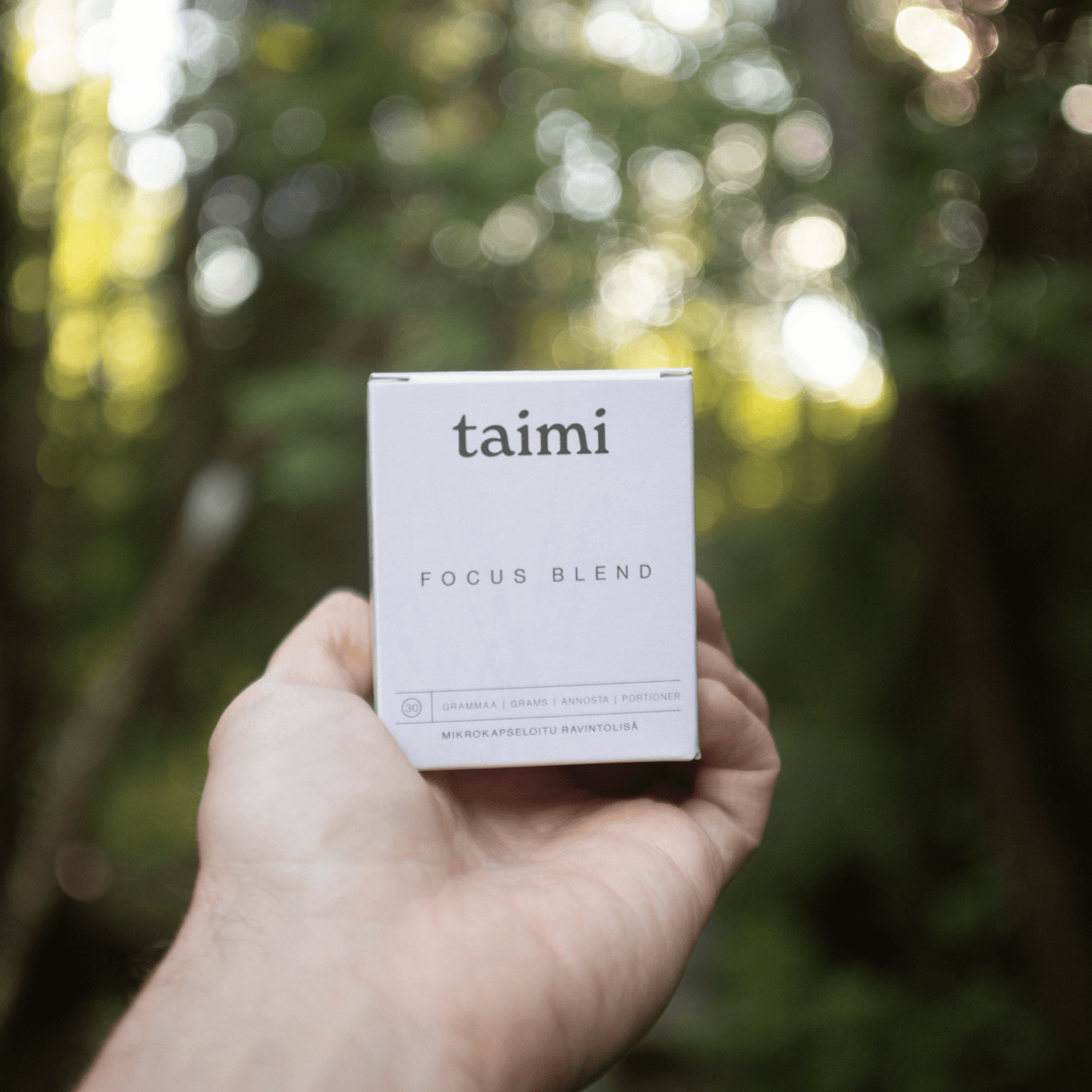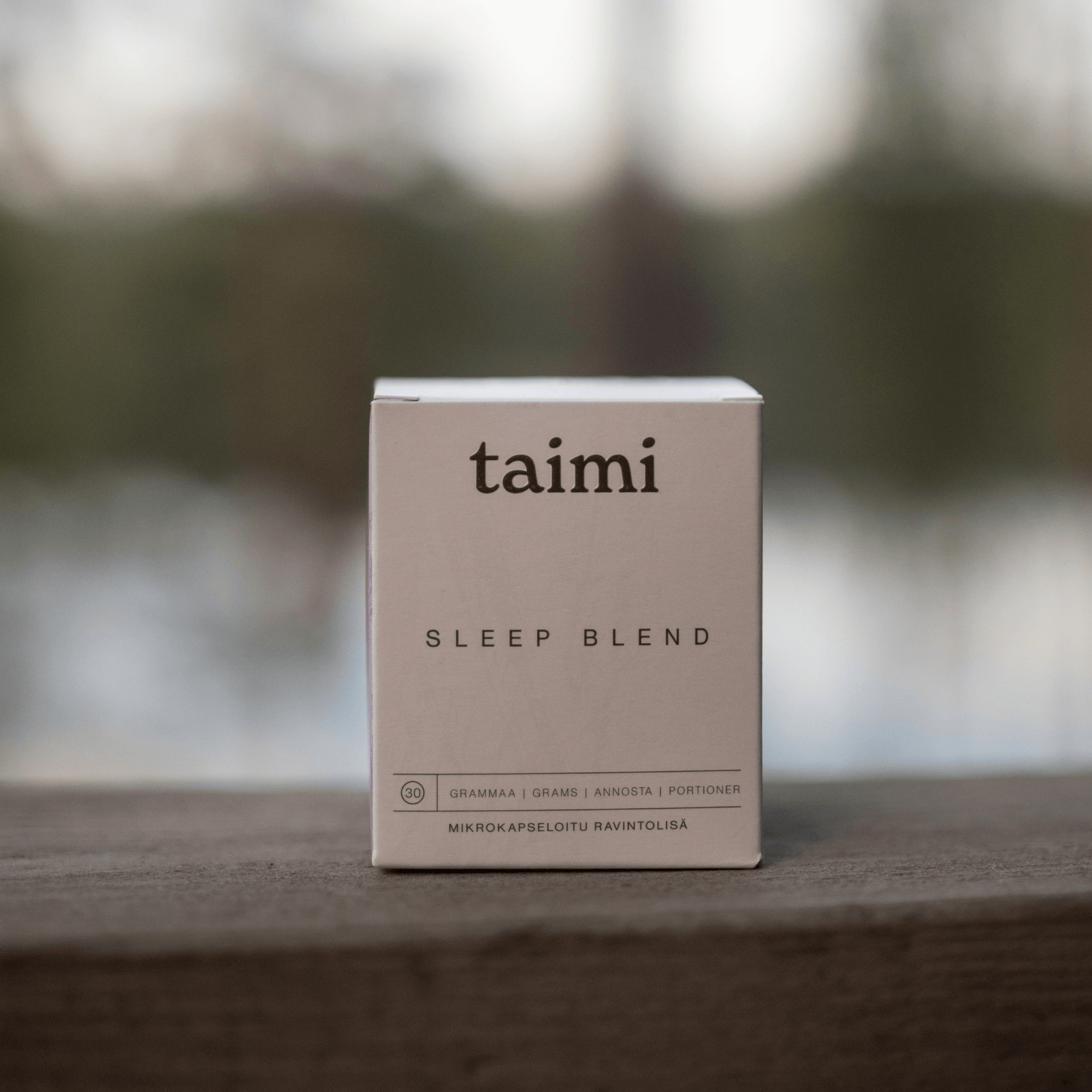Smart devices and social media have become an essential part of our lives. They provide us with information, entertainment, the ability to connect around the world and much more. But what price do we pay for this convenience?
Is it possible that smart devices and social media are weakening our ability to concentrate? According to research, the answer is yes.

Today, children (as well as adults) may spend several hours on social media instead of using their minds for tasks that require concentration.
Smart devices: A constant source of stimuli
Smart devices like smartphones and tablets keep us constantly connected to the world. We receive emails, messages and news in real time and tend to check our devices regularly throughout the day. This constant review takes our attention away from the tasks we are trying to accomplish and divides our focus between several different tasks.
As a result of interruptions, such as phone beeps or incoming messages, the cognitive load increases and it takes longer to complete tasks. This also applies to self-inflicted interruptions, such as checking your phone.

Social media is known to cause addiction in a similar way to drugs and gambling.
Social Media: Digital Addiction
Social media constantly offers new content that takes attention away from other tasks. The constant flow of likes, shares and comments can be addictive similar to gambling, leading to constant review and therefore a split in concentration.
In addition, social media encourages superficial reading and quick transition from one content to another. This accustoms the brain to work superficially instead of deeply, and weakens concentration and makes it difficult to complete complex tasks. Our brain simply learns to be lazy and can no longer engage in deep work.

Consciously put your phone away during the day and do things that increase connection with your loved ones. This may seem difficult at first, but it brings a greater sense of well-being and success than scrolling through the phone.
Mindfulness and self-control: Keys to better concentration
Fortunately, there are strategies we can use to manage our use of smart devices and social media and improve our ability to focus. This includes raising awareness of how often and why we check our smart devices, and adopting policies that limit this behavior. For example, digital detox periods or "smartphone-free" moments a day can help restore our ability to concentrate. Regarding social media, it is important to learn to use it consciously and to limit its use. This can mean setting a certain time of day when we use social media and staying away from it at other times. Also, reading books instead of reading articles and long-lasting games like sudoku help develop (or at least maintain) concentration. Using screen time on your phone is also an easy way to limit the use of social media, games and short information.
Conclusion
The relationship between smart device and social media use and attention span is complex and requires further research. However, it is clear that constant review and divided attention hinder our ability to concentrate and function. Increasing awareness and practicing self-control are the keys to achieving better concentration in the digital world.



